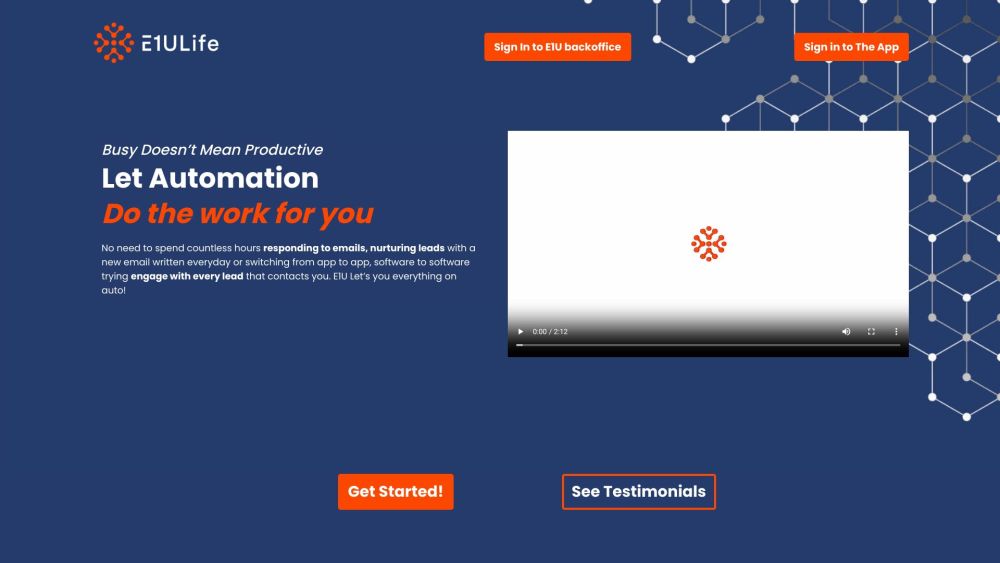The Future of Communication: The Rise of Neuralink Brain-Machine Interface Technology
Recently, tech mogul Elon Musk has predicted that traditional smartphones will be replaced by implanted brain chips, sparking widespread interest in a new revolution in human-machine interaction.
In response to queries about Neuralink, Musk stated, "In the future, there will be no phones, only Neuralink." Neuralink, a company founded by Musk, specializes in developing brain-machine interface technology designed to enable direct interaction between the human brain and machines through tiny implanted electrodes.
At the end of January, Neuralink successfully conducted its first human brain chip implantation trial. The participant, Nolan Abbott, who suffers from quadriplegia, was able to control a computer cursor using a neural connection to the implant, marking a significant advancement in mind-controlled devices. Despite challenges such as electrode dislodgment during the trial, Neuralink's team successfully restored most of Nolan's functions through software updates.
Currently, the FDA has approved Neuralink to conduct a second implantation trial in June with a new participant. Over 1,000 individuals with quadriplegia have expressed willingness to participate, although the number of eligible candidates is limited. Neuralink aims to implant chips in over 22,000 people by 2030, potentially providing new rehabilitation options for those with physical disabilities and driving innovations in the medical field.
Musk has frequently expressed confidence in Neuralink's potential, suggesting that this technology could enable communication without the need for language, fostering a "symbiotic" relationship with artificial intelligence. This advancement is poised to not only transform the way humans interact with machines but also have profound implications for social communication.
Additionally, Musk has voiced concerns regarding Apple's moves in AI privacy. At the 2024 WWDC, Apple announced a deep collaboration with OpenAI to fully integrate the GPT-4o model into Siri, a development that Musk criticized, stating that he would ban Apple devices from his company in the event of a data breach. This incident highlights the intense competition between tech giants in the realm of AI and the public's heightened awareness of data security issues.
While concepts for an "XPhone" or "TeslaPhone" remain speculative, public curiosity about the future of smartphones continues to grow. With advances in Neuralink technology, future "phones" may achieve higher levels of intelligence and personalization, potentially becoming integrated with the human body.
In summary, Musk’s prediction about the obsolescence of smartphones has sparked significant discussion. As Neuralink technology evolves, the interactions between humans and machines are set to undergo revolutionary changes, influencing not only technological progress but also the nature of social communication and daily life.





